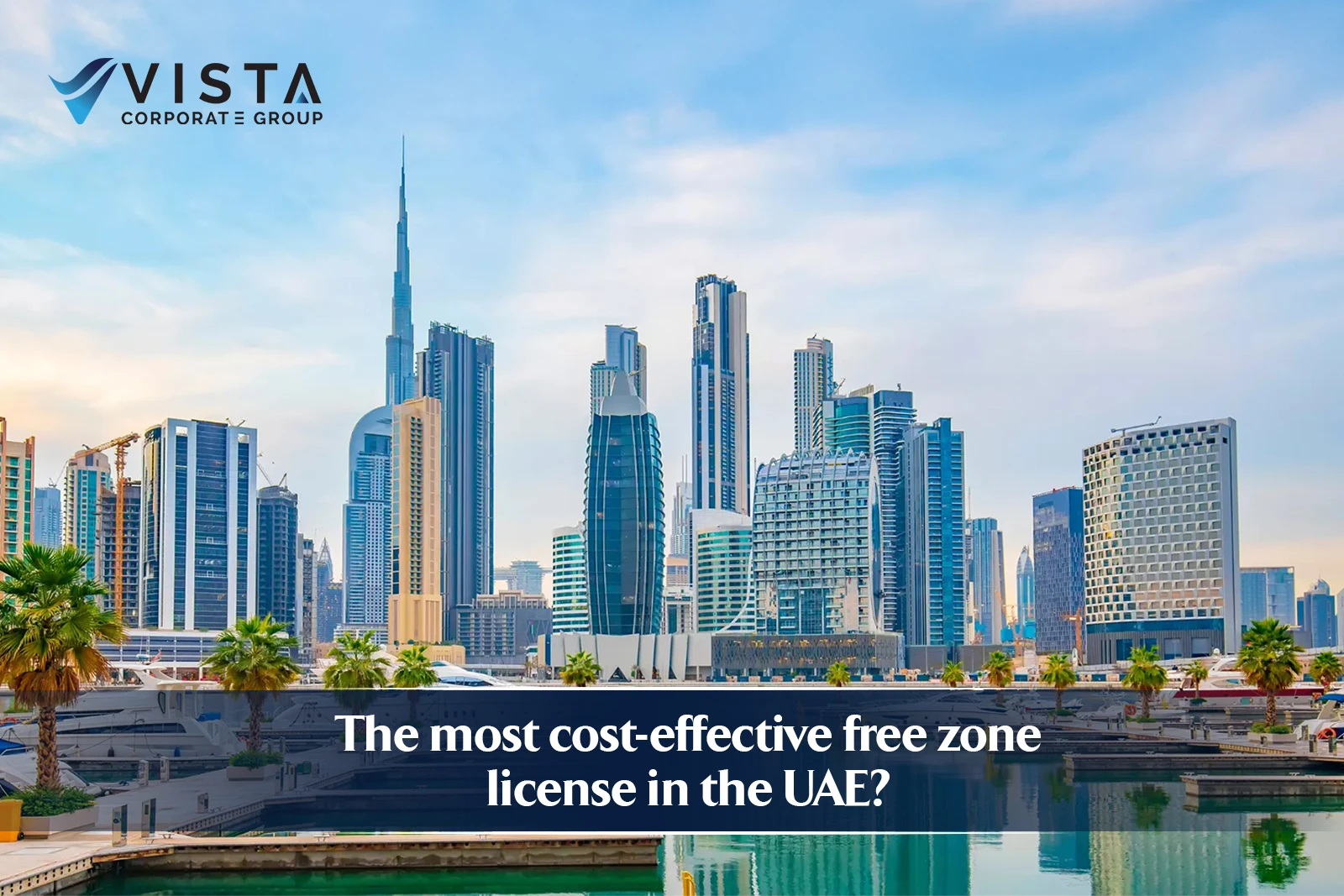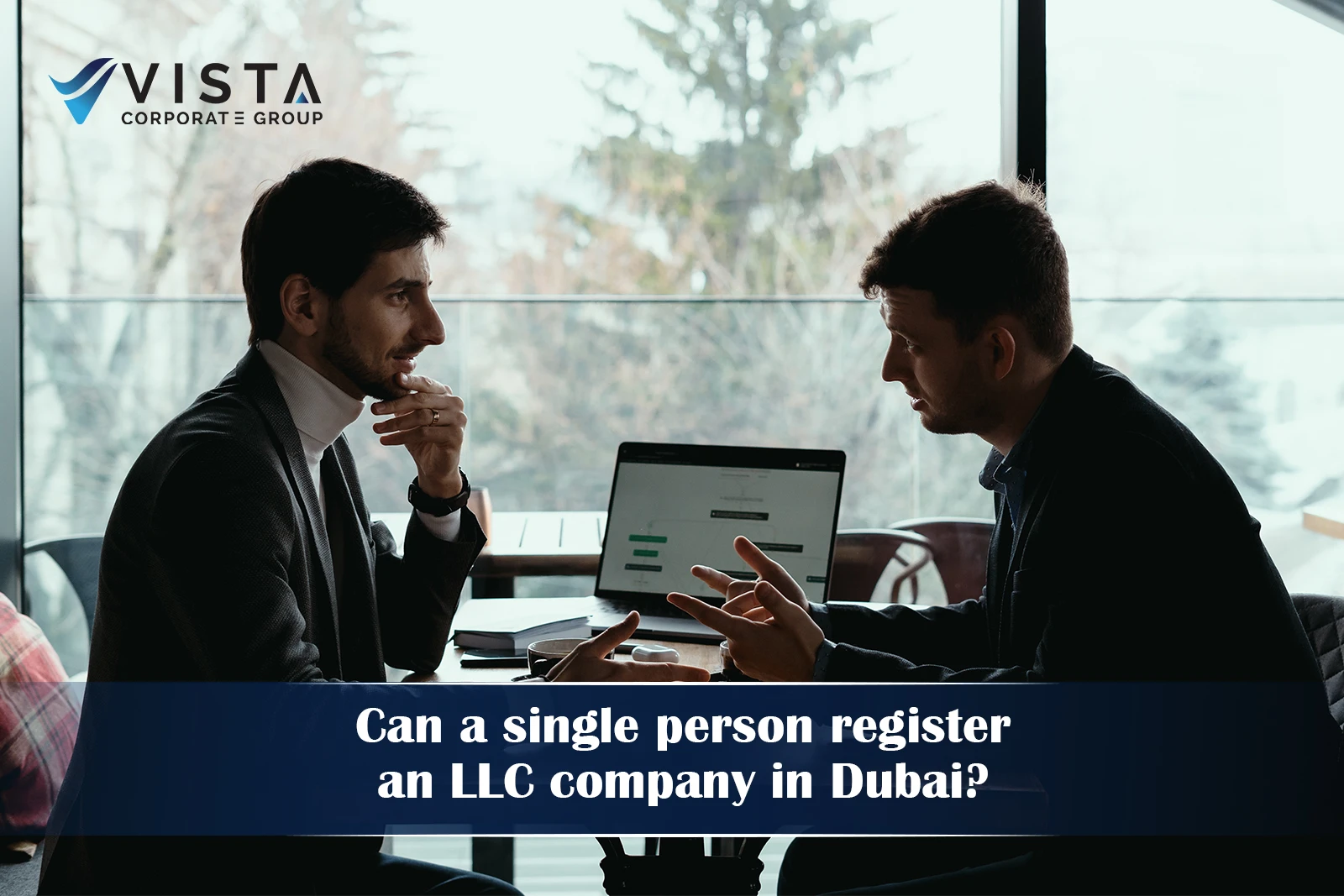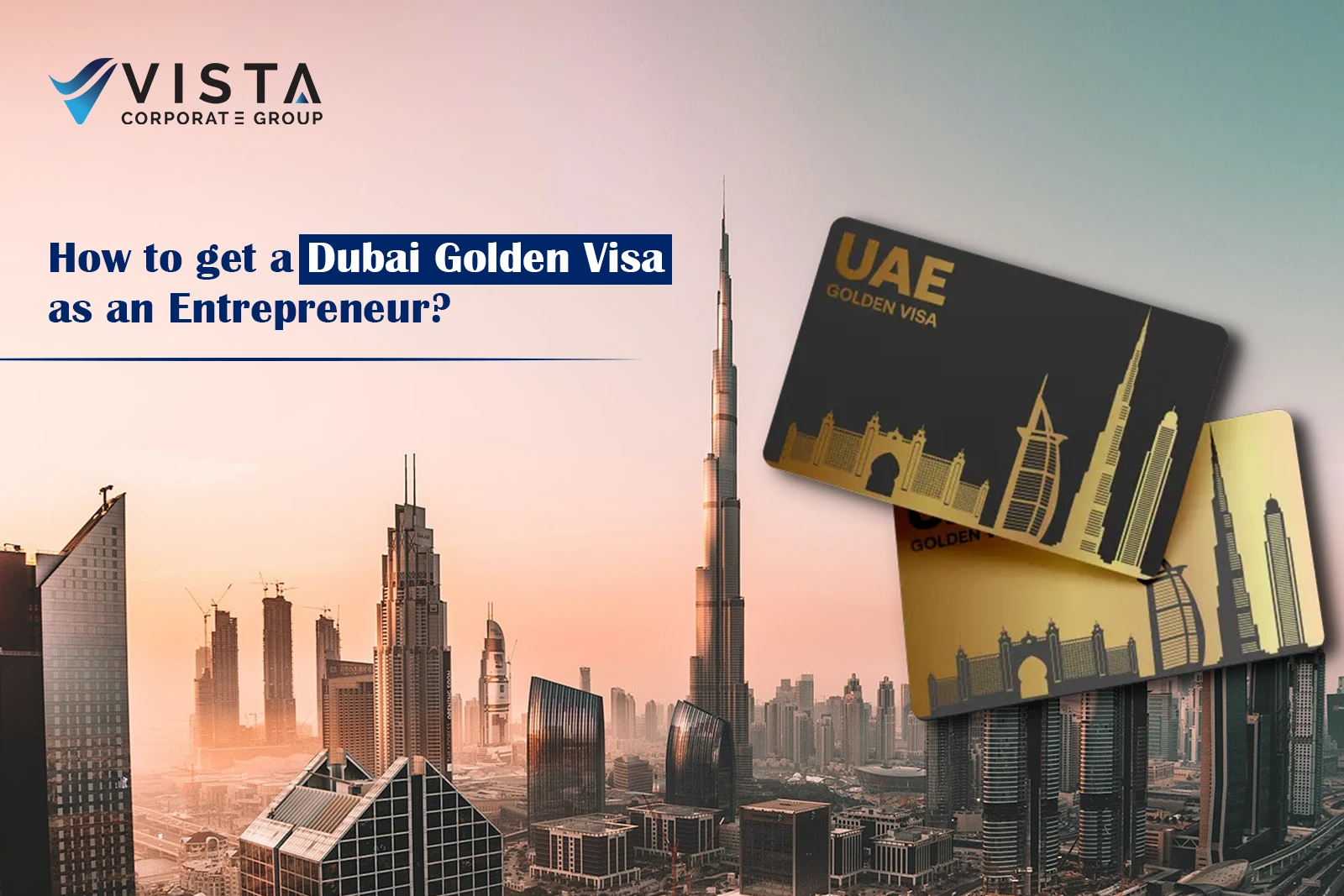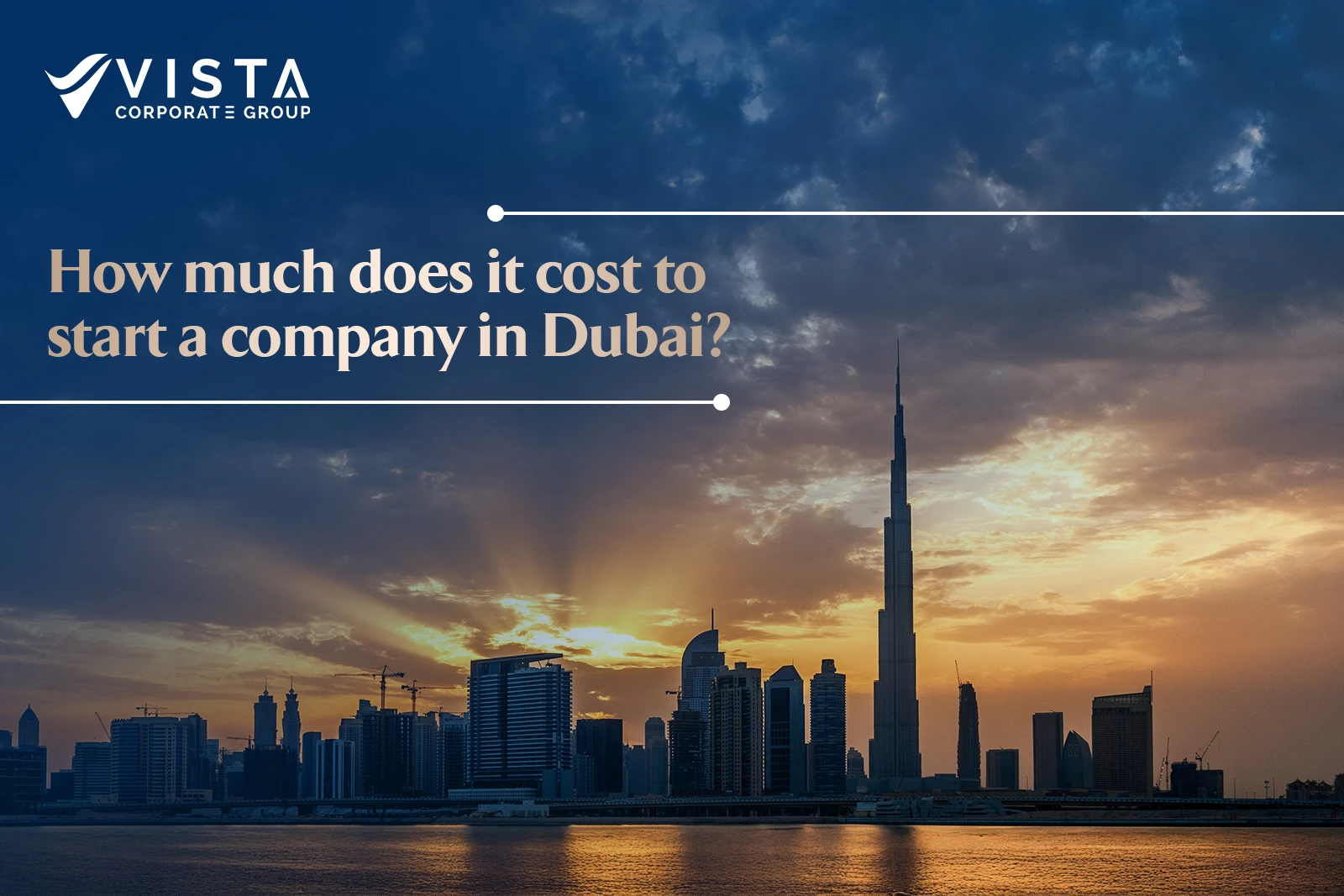
Why Dubai Is the Perfect Place to Start a Tourism Business
Dubai isn’t just a global tourist destination—it’s a goldmine of opportunity for those who want to build a business around travel and tourism. With over 17 million international visitors in 2023 and ambitious government plans to become the world’s most visited city by 2031, the emirate’s tourism industry is thriving. And for entrepreneurs, that opens the door to something powerful: starting a tourism company in Dubai. Whether you’re an expat with a love for organizing trips, a travel expert with global connections, or a startup founder looking to launch the next big travel app, the first step to going legit is getting a Tourism License in Dubai.
In this guide, we’ll cover everything you need to know before launching your tourism business—from the types of licenses available, to the step-by-step application process, cost breakdown, and documents required. We’ll also compare mainland vs free zone options, explain when IATA approval is necessary, and highlight common mistakes to avoid.
What Is a Tourism License in Dubai?
A Tourism License in Dubai is an official authorization that allows individuals or companies to legally offer tourism-related services in the UAE. This includes everything from organizing guided tours and visa assistance to booking international flights, hotels, and full holiday packages. Whether you’re targeting tourists coming into Dubai or helping UAE residents travel abroad, this license is your gateway to operating within one of the world’s busiest tourism hubs.
Who Issues the License?
- For mainland companies, the license is issued by the Dubai Department of Economy and Tourism (DET)—previously known as DED.
- For free zone setups, several authorities like RAKEZ, DMCC, and SHAMS offer tourism-related activity approvals under their regulatory umbrella.
- For specific services (e.g., hotel bookings, desert safaris), additional approval may be needed from DTCM (Dubai Tourism & Commerce Marketing).
What Activities Does It Cover?
Depending on your chosen license type (explained in the next section), you can offer:
- Inbound tourism (for visitors arriving in Dubai)
- Outbound tourism (helping UAE residents travel abroad)
- Travel agency services (booking flights, hotels, cars, cruises, etc.)
- Visa application assistance
- Tourism-related logistics and concierge services
Who Is It For?
- Entrepreneurs building tour companies
- Travel agencies (online or physical)
- Freelancers offering curated travel experiences
- Startups developing travel apps or booking platforms
- Event tourism agencies (MICE operators)
- Expats and foreign investors looking to enter the UAE market
Tourism License vs Trade License vs E-commerce License
| License Type | Purpose |
| Tourism License | For offering tourism, travel, and visa services |
| Trade License | For selling physical goods or merchandise |
| E-commerce License | For selling services/products online only |
Types of Tourism Licenses You Can Apply For in Dubai
Dubai offers three main categories of tourism licenses, each tailored to a specific type of travel business. Choosing the right license is crucial because each one comes with its own activity list, scope, and in some cases, regulatory requirements (like IATA or DTCM approval).
Let’s break them down:
1. Inbound Tourism License
This license allows you to offer services to tourists coming into the UAE. It’s ideal if you plan to organize:
- Local guided city tours
- Desert safaris and adventure experiences
- Hotel and transportation bookings
- Event tourism or cultural trips
- Airport pickup/drop-off services
2. Outbound Tourism License
With this license, you can help UAE residents travel abroad. It’s commonly used for:
- International holiday packages
- Umrah and Hajj trips (requires additional religious tourism approval)
- Overseas hotel and flight bookings
- Cruise and visa arrangements
- Tour planning outside the UAE
3. Travel Agency License
This is the most comprehensive tourism license in Dubai. It includes inbound, outbound, and booking services such as:
- International and domestic flight bookings
- Hotel reservations
- Car rentals
- Travel insurance
- Visa processing
- Cruises, train tickets, and excursions
Special Requirement:
For full-service travel agencies offering air ticketing, you may need to:
- Obtain IATA accreditation, or
- Partner with a licensed IATA agency
- Submit a bank guarantee
Comparison Table: Types of Tourism Licenses
| License Type | Key Services Allowed | Ideal For | Special Requirements |
| Inbound Tourism | Local tours, hotel bookings, transport | Tour operators | DTCM approval (mainland) |
| Outbound Tourism | International packages, visa support | Travel planners for UAE residents | GDRFA/DTCM approval for Umrah |
| Travel Agency | Flights, hotels, cars, visas, tours | Full-service travel businesses | IATA accreditation or partnership |
How to Apply for a Tourism License in Dubai – Step-by-Step Process
Getting a tourism license in Dubai involves a well-defined process that applies to both mainland and free zone setups. While the steps are similar in structure, the documentation and authority may vary slightly depending on your jurisdiction.
Here’s a complete step-by-step walkthrough for 2025:
Step 1: Choose the Type of Tourism License
Decide whether you need:
- Inbound Tourism License
- Outbound Tourism License
- Full Travel Agency License
Step 2: Decide Between Mainland or Free Zone
- Mainland (licensed by DET): Best for full access to the UAE market, especially if you want to operate physical tours and work with hotels or government bodies.
- Free Zones (like RAKEZ, DMCC, SHAMS): Ideal for online-based tourism services or companies targeting international clients. Lower setup costs and 100% foreign ownership.
| Mainland License Pros | Free Zone License Pros |
| Full UAE access | Lower cost |
| Work directly with tourists | Flexi desk option |
| Can participate in tenders | 100% ownership from the start |
Step 3: Reserve Your Trade Name
Choose a business name that:
- Reflects your activity (e.g., Tours, Travel, Holidays)
- Is unique and not already in use
- Follows naming guidelines (no offensive/religious terms)
Step 4: Get Initial Approval
You’ll need to apply for initial approval from the licensing authority. This shows that your proposed business activity and ownership structure is acceptable.
Submit:
- Passport copies of all shareholders
- Entry visa or Emirates ID
- Proposed business activity
- Trade name reservation certificate
Step 5: Prepare MOA & Legal Agreements
For mainland LLCs, draft and notarize a Memorandum of Association (MOA) outlining ownership, capital share, and roles.
If a Local Service Agent (LSA) is required (rare in 2025), a service agreement is also needed.
Free zones provide MOA templates, and the process is simplified.
Step 6: Lease an Office or Flexi Desk
- Mainland: Requires Ejari-registered office space (minimum 200 sq ft usually for travel agencies).
- Free Zone: Offers flexi desks, private offices, or shared workspaces.
Step 7: Submit Final Documents and Pay License Fees
Once everything is prepared:
- Submit all final documents (covered in next section)
- Pay the license and registration fees
- Get your Tourism Trade License Certificate
Step 8: Apply for Establishment Card & Visas (Optional)
If you plan to stay and work in Dubai:
- Apply for an Establishment Card to open immigration files
- Apply for your UAE residence visa under your company
- You can also sponsor employees and dependents
Cost of a Tourism License in Dubai (2025)
The cost of getting a tourism license in Dubai varies based on several factors—such as whether you choose a mainland or free zone setup, the type of license (inbound, outbound, travel agency), number of visas required, and your office space requirements.
Let’s break down the cost elements clearly so you can budget with confidence.
Required Documents to Apply for a Tourism License in Dubai
Submitting the correct documents is crucial for a smooth and timely license approval. Whether you’re applying as an expat or a UAE resident, the required documents are mostly the same—with a few extras depending on your license type and business jurisdiction.
Personal Documents (for all Shareholders/Owners)
- Passport Copy
Valid for at least 6 months. Required for each shareholder and manager listed on the license. - Visa Page or UAE Entry Stamp
If you’re already in the UAE, include your latest visit visa or residence visa stamp. - Passport-Size Photo
Recent photo with white background for each stakeholder. - Emirates ID (if available)
Needed if any of the shareholders or the manager already hold UAE residency. - No Objection Certificate (NOC)
Required only if a UAE resident is employed elsewhere and wants to start a business.
Business Formation Documents
- Trade Name Reservation Certificate
Proves your chosen business name has been approved. - Initial Approval Certificate
Issued by the licensing authority confirming approval of your selected activity. - Memorandum of Association (MOA)
Details your business structure, ownership breakdown, and capital. Notarized for mainland companies. - Local Service Agent Agreement (if needed)
Only required for activities still needing Emirati representation. Most tourism activities no longer require this as of 2025.
Office & Location Documents
- Tenancy Contract (Ejari)
Required for mainland setups. Shows proof of office space compliant with DED guidelines. - Flexi Desk Agreement (Free Zone)
Accepted in most free zones if you’re applying under a shared workspace or virtual office plan.
Additional Documents (If Applicable)
- Experience Certificates or Qualifications
Sometimes required for travel agency or Umrah licensing to verify tourism experience. - Financial Guarantee
Needed if you’re applying for an IATA-approved travel agency. May require a bank deposit. - Tourism Authority Approval (DTCM)
Required for certain tourism-related services like safaris, tour guides, or city excursions. - Power of Attorney (POA)
If you’re appointing someone to submit or sign documents on your behalf.
Mainland vs Free Zone – Which Is Better for Tourism Business?
Choosing between a mainland and a free zone setup is one of the most important decisions when applying for a tourism license in Dubai. Each has its own set of advantages, limitations, and cost structures—so the right choice depends on your business goals, target customers, and budget.
Let’s break it down:
Mainland Tourism License (Issued by DET – Dubai Economy & Tourism)
A mainland license allows you to operate freely across all of Dubai and the UAE. It’s the best choice if your business involves:
- Direct interaction with tourists inside Dubai
- Partnering with hotels, tour operators, and travel agencies locally
- Organizing events, safaris, or cultural experiences
- Bidding for government tenders or serving corporate clients
✅ Key Advantages:
- Full access to the UAE market (B2C & B2B)
- Ability to open a physical office and signage
- Eligible for IATA accreditation
- No restrictions on marketing, advertising, or local networking
- Can combine multiple license types under one trade license
Considerations:
- Higher setup and renewal costs
- Requires Ejari-registered physical office space
- More documentation and government approvals
Free Zone Tourism License
A free zone license is ideal if you plan to operate mostly:
- Online, selling travel services or packages globally
- Outside the UAE or in niche digital travel markets
- As a startup/freelancer with minimal physical operations
Popular free zones for tourism-related activities include:
- RAKEZ (Ras Al Khaimah)
- DMCC (Dubai)
- SHAMS (Sharjah Media City)
- SPC (Sharjah Publishing City)
✅ Key Advantages:
- Lower upfront and renewal costs
- 100% foreign ownership
- Flexi desk or shared office space allowed
- Quick setup (often within 2–3 days)
- Simplified visa quotas and documentation
Considerations:
- Cannot operate directly in mainland Dubai (need a distributor or branch)
- Cannot work directly with hotels, UAE-based tour companies, or local clients
- Limited eligibility for IATA and DTCM approvals
- Less credibility for traditional travel agency models
Mainland vs Free Zone – Quick Comparison Table
| Feature | Mainland License | Free Zone License |
| Market Access | UAE-wide | Free zone & international only |
| Physical Office Required | Yes (Ejari) | No (Flexi desk allowed) |
| Ownership | 100% foreign (in most cases) | 100% foreign |
| Visa Quota Flexibility | High (based on office size) | Limited (based on package) |
| IATA Accreditation | Eligible | Restricted or unavailable |
| Ideal For | B2C tourism, safaris, travel agencies | Online travel startups, freelancers |
| Setup Time | 5–10 business days | 1–3 business days |
Timeframe – How Long Does the Process Take?
One of the best things about setting up a tourism company in Dubai is the speed of the process. If your documents are ready and your activity is straightforward, you can be up and running within a few business days.
However, timelines can vary depending on your business model, jurisdiction, and whether you require any external approvals (like DTCM or IATA). Let’s break it down:
Average Setup Timelines
| Stage | Estimated Timeframe |
| Trade Name Reservation | 1–2 business days |
| Initial Approval | 1–3 business days |
| MOA Drafting & Notarization (Mainland) | 1–2 business days |
| Office Lease & Ejari (Mainland) | 1–3 business days |
| Final Submission & License Issuance | 2–5 business days |
| Establishment Card & Immigration Setup | 2–4 business days |
| Visa Application (Optional) | 5–7 business days |
Free Zone Timeline (Faster Option)
Some free zones—like RAKEZ, SHAMS, or SPC—offer express setup options, where you can:
- Reserve your trade name
- Submit digital documents
- Receive your license in as little as 24–72 hours
This is ideal for:
- Online travel service providers
- Entrepreneurs testing the market
- Non-residents applying remotely
Factors That Can Delay the Process
- Incomplete or incorrectly filled documents
- Business activities requiring DTCM or GDRFA approvals
- Delays in Ejari registration or tenancy contracts
- Delay in attesting foreign documents
- Lack of experience certificates for IATA or Umrah license applicants
- Choosing a name that gets rejected or flagged
Do You Need IATA Accreditation for a Tourism License?
This is one of the most common questions asked by travel entrepreneurs in Dubai—especially those planning to offer flight booking services. The short answer is: Not always, but it depends on the scope of your business.
Let’s break it down:
What is IATA Accreditation?
IATA (International Air Transport Association) accreditation is an internationally recognized certification that allows travel agencies to:
- Issue airline tickets directly
- Access global airline inventory
- Connect with billing and settlement systems (BSPs)
- Operate as official air ticketing agents
In Dubai, travel agencies offering international and domestic flight booking services are expected to either:
- Be IATA-accredited, or
- Partner with an IATA-approved consolidator or GSA
When Is IATA Accreditation Required?
You’ll need it if you want to:
- Sell airline tickets directly to customers
- Manage large-scale corporate travel accounts
- Work with global airlines as a recognized agent
- Build a B2B travel portal with real-time ticketing
When Is It Not Required?
You don’t need IATA if:
- You’re offering tour packages only
- You focus on inbound or outbound tours without flight booking
- You resell tickets via an IATA-authorized partner or third-party portal
- You only offer hotel bookings, visa assistance, or desert safaris
What Are the Costs and Requirements?
To get IATA accredited in Dubai, you’ll need:
- A mainland tourism license with travel agency activity
- A physical office with signage
- Trained staff (minimum 1 person with IATA certification)
- A bank guarantee
- Business plan and financials
Alternative Option: Work with a Consolidator
Not ready for IATA? You can:
- Partner with an IATA-certified GSA (General Sales Agent)
- Use third-party flight booking APIs or systems
- Offer air tickets under their license while focusing on sales and customer service
Common Mistakes to Avoid When Applying for a Tourism License in Dubai
Setting up a tourism business in Dubai is a fantastic opportunity—but it’s also a legal process that requires attention to detail. Even small mistakes can lead to delays, rejections, or extra costs. Here are the most common missteps entrepreneurs make when applying for a tourism license—and how to avoid them.
1. Choosing the Wrong License Type
Many first-time applicants select a license that doesn’t match their actual business model. For example:
- Offering flight bookings with just an inbound tourism license
- Running online services under a license meant for physical tours
2. Underestimating the Costs
Tourism licenses can seem affordable at first glance, but when you factor in:
- Ejari office space (for mainland)
- Visa processing
- DTCM or IATA approvals
- Bank guarantees (if needed)
…the total setup cost can go up significantly.
3. Incomplete or Incorrect Documentation
Missing signatures, outdated passport copies, and misaligned trade names are all reasons applications get rejected or delayed.
Fix: Double-check that all documents are:
- Valid (6+ months)
- Consistent with your business activity
- Properly translated and attested if from outside the UAE
4. Ignoring Office Space Requirements
Some assume they can use a P.O. box or home address—this leads to license denial, especially for mainland setups or IATA applicants.
5. Not Understanding IATA Requirements
Many apply for a travel agency license assuming they can issue tickets immediately, unaware of the strict IATA prerequisites.
6. Skipping the DTCM Approval Step
If you’re running a desert safari, hotel concierge, or local tour service, you’ll need additional approval from Dubai Tourism & Commerce Marketing (DTCM).
7. Going DIY Without Local Expertise
Doing it all yourself might seem cost-effective, but without understanding local compliance, many end up reapplying or correcting errors later, wasting time and money.
Final Tips Before You Apply for a Tourism License in Dubai
Before you submit your application and commit to your tourism business in Dubai, it’s worth reviewing a few strategic tips that can save you time, money, and frustration.
Whether you’re applying as an expat entrepreneur or a UAE resident, these final tips will help ensure your setup is smooth, compliant, and future-ready.
1. Choose the Right Jurisdiction for Your Business Model
- If you plan to serve tourists physically in Dubai (e.g., safaris, tours, in-person bookings), go mainland.
- If you’re running an online business, travel app, or serving clients abroad, consider a free zone to reduce costs.
Don’t just go with what’s cheaper—go with what’s smarter for your long-term operations.
2. Plan Your Budget Holistically
Beyond the license itself, factor in:
- Office rent or Flexi desk
- DTCM or IATA approvals (if applicable)
- Visa processing and immigration setup
- PRO services or legal assistance
- Marketing, staffing, and system setup post-license
Get a written, all-inclusive quote to avoid last-minute surprises.
3. Prepare to Scale Later
Don’t lock yourself into a license that limits your growth. Choose an activity that:
- Can later include outbound/inbound services
- Allows multiple shareholders
- Can be upgraded to include IATA accreditation
The goal is to launch lean, but scale smart.
4. Build Local Relationships Early
Even before launching:
- Network with hotel chains, tour companies, and visa centers
- Explore partnerships with IATA agents if you’re not accredited
- Understand seasonal demand and market gaps
Tourism in Dubai is highly competitive—relationships go a long way.
5. Use a Setup Expert for Faster Approvals
Experienced consultants can:
- Pre-check your business activity
- Ensure your trade name gets approved
- Submit everything without delays
- Liaise with DET, DTCM, and Free Zone authorities on your behalf
Conclusion: Make Your Mark in Dubai’s Thriving Tourism Industry
Dubai isn’t just a travel destination—it’s a launchpad for global tourism businesses. Whether you’re planning to offer curated city tours, international travel packages, or run an online booking platform, getting a Tourism License in Dubai gives your business a solid legal foundation in one of the world’s most vibrant economies. As you’ve seen, the process is clear, the opportunities are vast, and—thanks to 100% foreign ownership in most sectors—it’s more accessible than ever for expats and global entrepreneurs. From choosing the right license type and jurisdiction to budgeting smart and avoiding common pitfalls, every decision you make now impacts how efficiently and profitably your business will run later.
So whether you’re a travel professional, tech-savvy startup, or first-time founder—Dubai is open for tourism, and open for your business.
✅ Ready to Start Your Travel Business in Dubai?
Talk to a trusted business setup consultant and get a personalized roadmap based on your goals, budget, and activity. From documentation to approvals, let the experts handle the heavy lifting—so you can focus on building your brand, serving travelers, and scaling your vision.
Your journey begins with a license. Let’s get started.




